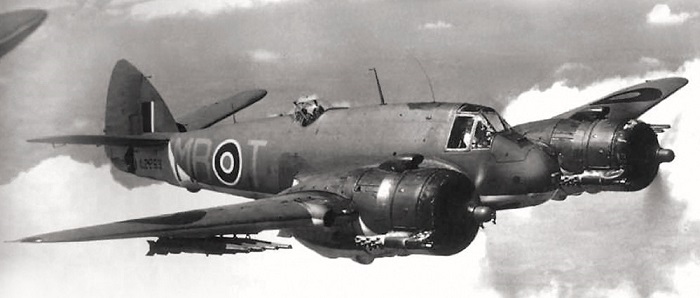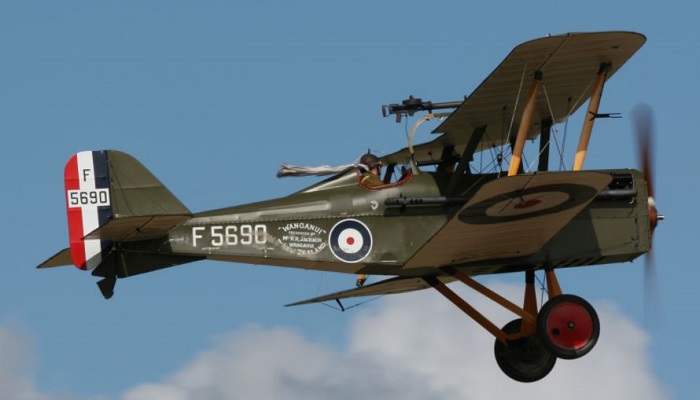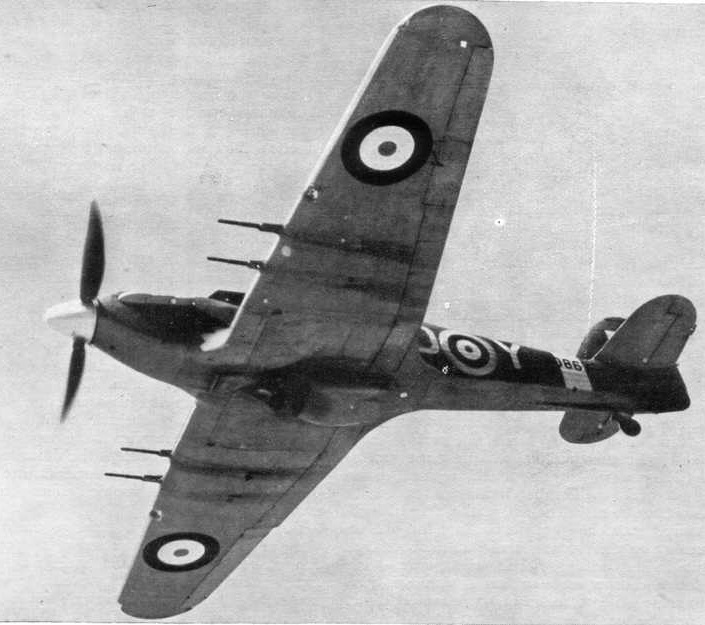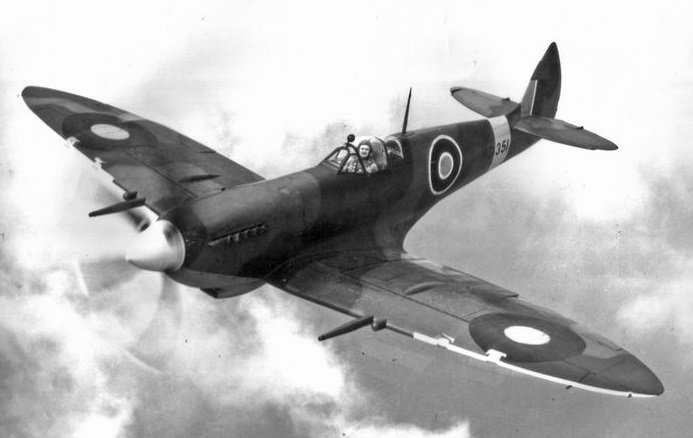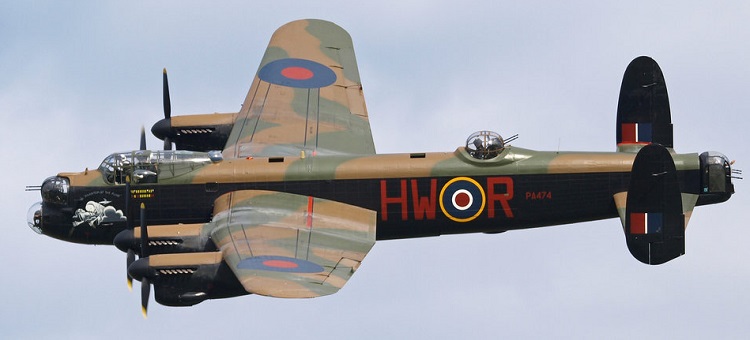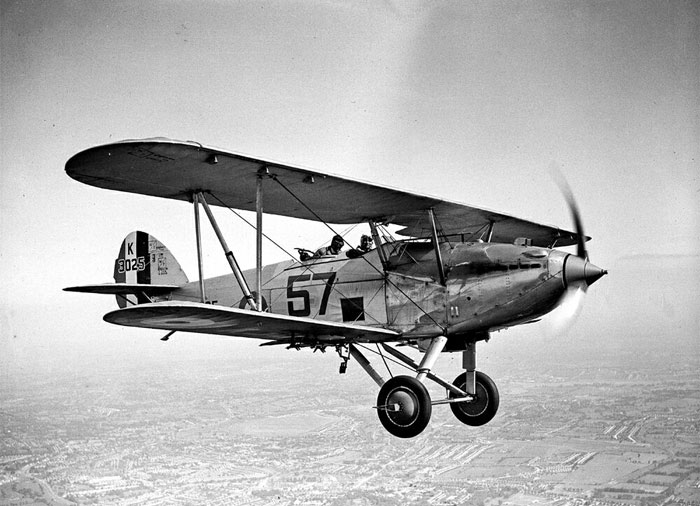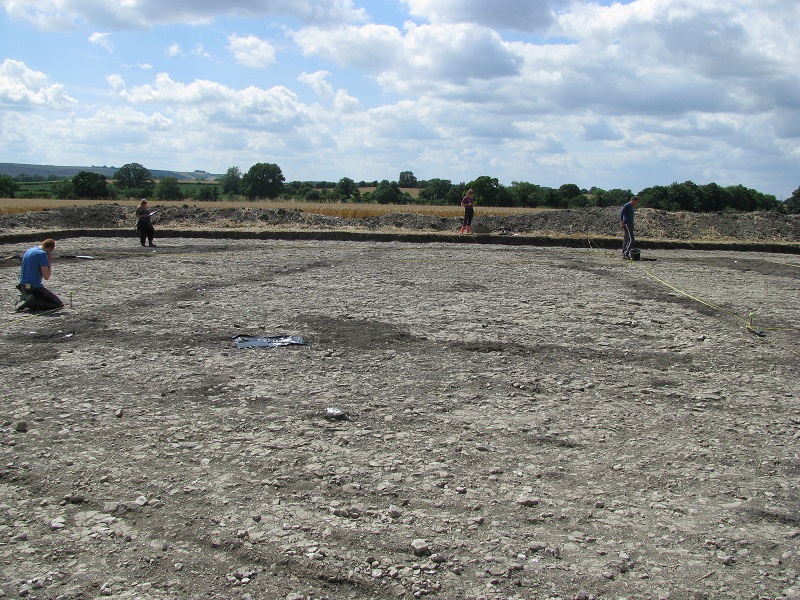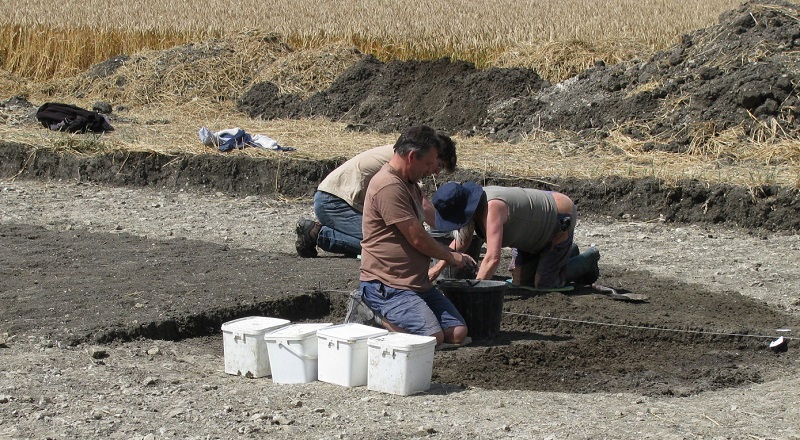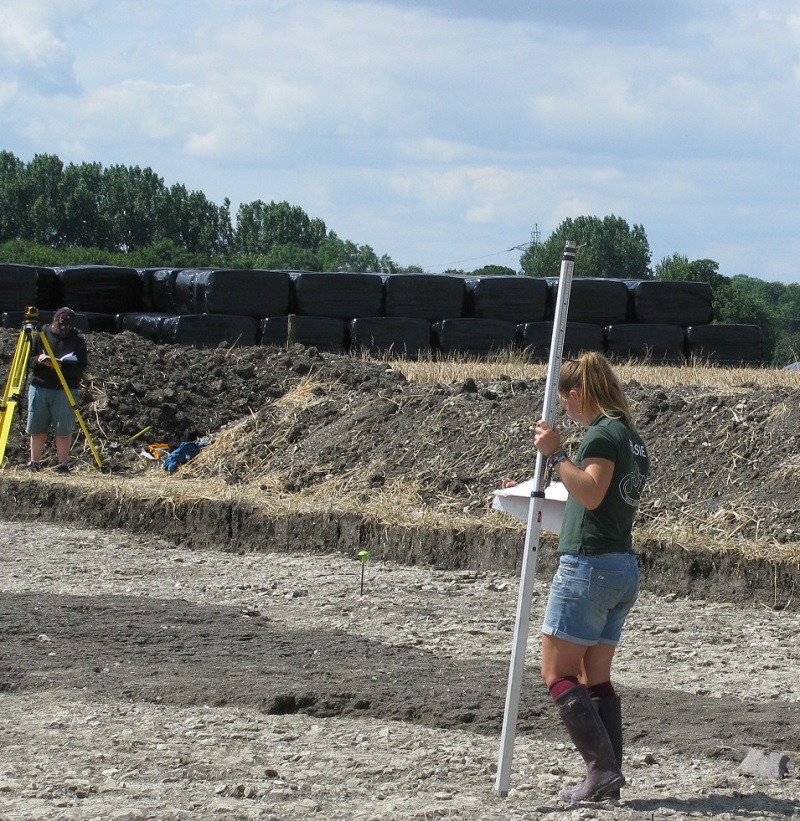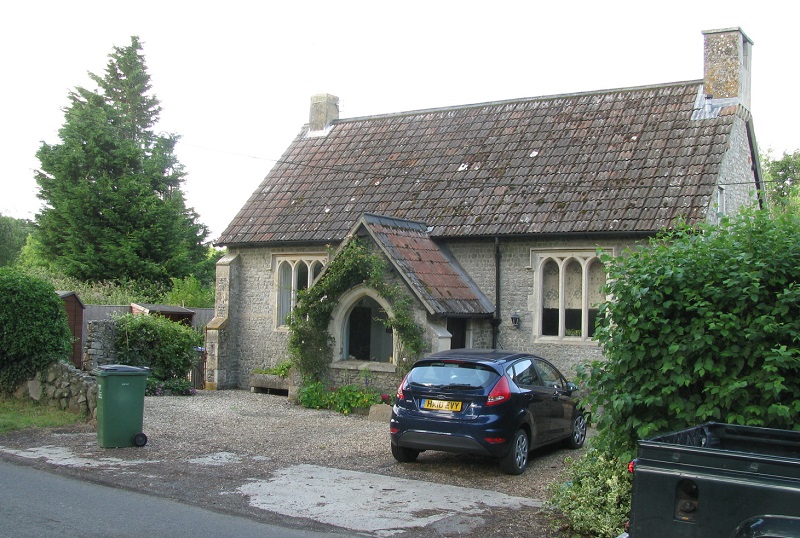I have occasionally written quite scathingly about my recent past as a college student, but I have to make one thing quite clear: at a rough guess, I passed through the classes of approximately three dozen professors, and with maybe only a few exceptions, they were all good to excellent. One of the excellent ones was Professor Michael Leggiere PhD. of the U of North Texas Military History Department, who schooled me on Napoleonic Warfare. Dr. Mike is actually a world-renowned expert on this topic, is often called away to give talks and seminars at places like London’s University College, and in fact the last time I spoke with him in person, he was about to tour some of Napoleon’s Polish battlefields with another military historian, Hasso von Bismarck — yeah, that Bismarck family.
Part of Leggiere’s Napoleonic Warfare course was a brief but typically-superb biography of Napoleon himself, and as I’d read only superficially about the Little General before, this was an eye-opener, to say the least. To a history junkie like myself, this meant reading about Napoleon outside the course curriculum, and by happy coincidence, this extra study dovetailed very nicely with a course on French cultural history I was taking concurrently (yes, I picked my classes carefully, why do you ask?).
Napoleon, you see, wasn’t just some military adventurer or conqueror (although he was both those things, par excellence); he also laid the foundation for the modern French state: its system of (Napoleonic) law, its education system, and its administration — most of which remained more or less unchanged until the 1970s. (Just to make everyone feel inadequate: he’d laid out the blueprint for all the above reforms by age 24, while studying at a military academy and being involved as a junior officer in a couple of military campaigns.)
I’ve told you all that so I can tell you this.
One of the quirks of French cuisine is that most often the butter is unsalted, and at a French dinner table you will usually find a tiny cruet of salt with a microscopic spoon inside, so that you can salt your butter (or not) according to taste. To someone like myself, accustomed only to salted butter, this seemed like an affectation, but it wasn’t that at all: it was the result of taxation, and this is one of the things changed forever by Napoleon’s administrative reforms.
One of the best parts of our U.S. Constitution is the “interstate commerce” clause, which forbids states from levying taxes on goods and services passing from one state to another, and through another in transit. This was not the case in pre-Napoleonic France. Goods manufactured in, say, Gascony or Provence would pass through a series of customs posts en route to Paris, and at each point the various localities would levy excise taxes on the goods, driving up the final price at its eventual destination.
Which brings us to salt. French salt, you see, was produced mainly on the Atlantic coastline, and was a major “export” of Brittany to the rest of France. Butter, of course, was produced universally — in and outside Paris and ditto for every major city — but the salt for the butter came almost exclusively from Brittany, and having been taxed multiple times by the time it reached points east like Paris or Lyons, it was expensive. So the cuisine and eating habits in those parts developed without the use of salt — or, if salt was requested, at an added cost. It’s why, to this day, many French recipes use unsalted butter as an ingredient. (In contrast, butter for local consumption in western France was [and still is] almost always salted, because salt was dirt cheap there.)
Napoleon’s reforms did away with all that; he saw to it that the douane locale checkpoints and toll booths along the main roads were abolished (causing salt prices in eastern France to plummet and become a mainstay of French cuisine at last). And when the towns and villages protested about the loss of tax revenue, Napoleon made up the shortfall with “federal” funds out of the national treasury.
Of course, the French treasury had in the meantime been emptied out by, amongst other things, the statist welfare policies of the Revolutionary government (stop me if this is starting to sound familiar). Which is why, to raise money, Napoleon invaded wealthy northern Italy and western Germany (as it is now), pillaged their rich cities’ treasuries and garnered revenue from the wealthy aristocracy, who paid bribes to avoid having their palaces sacked and their wealth confiscated.
So yes: Napoleon was a Crool Invader, a Warmonger and Plunderer. Except that in the wake of his cruelty and so on, much of Western Europe ceased to be oppressive feudal monarchies and became instead republican democracies, because while he took their money, he left behind Revolutionary ideals and democratic government.
But I’ll talk about that another time.
In passing, if any one of you has kids or grandkids who are going to study modern European history, tell them to go to U of North Texas just to take classes from Professors Michael Leggiere and Alfred Mierzejewski, and to take every single class they teach, every semester. (Each professor teaches about four or five topics, but never simultaneously, and spreads them out over several semesters.) I missed a couple of their courses simply because I just wasn’t there long enough, and I regret it to this day. I’ll talk about the brilliant Dr. Alfred Mierzejewski in another post, when I talk about Nazi cattle cars.

